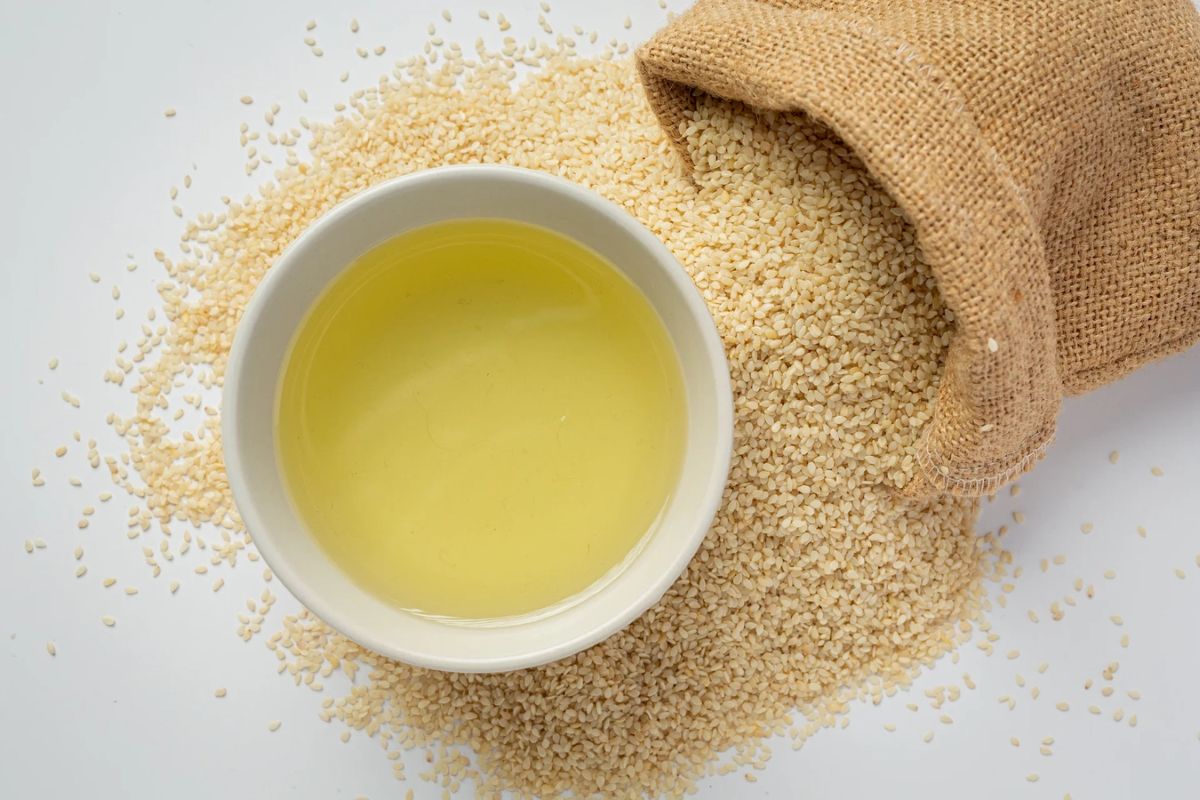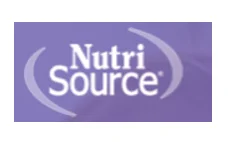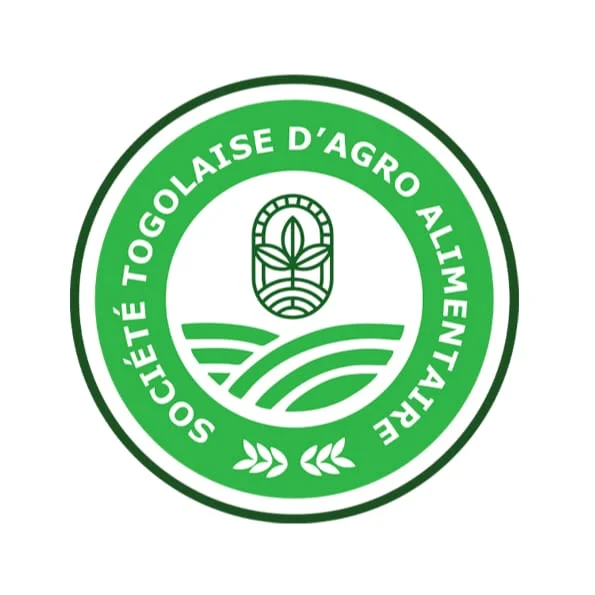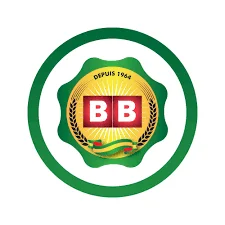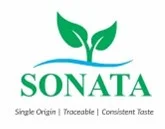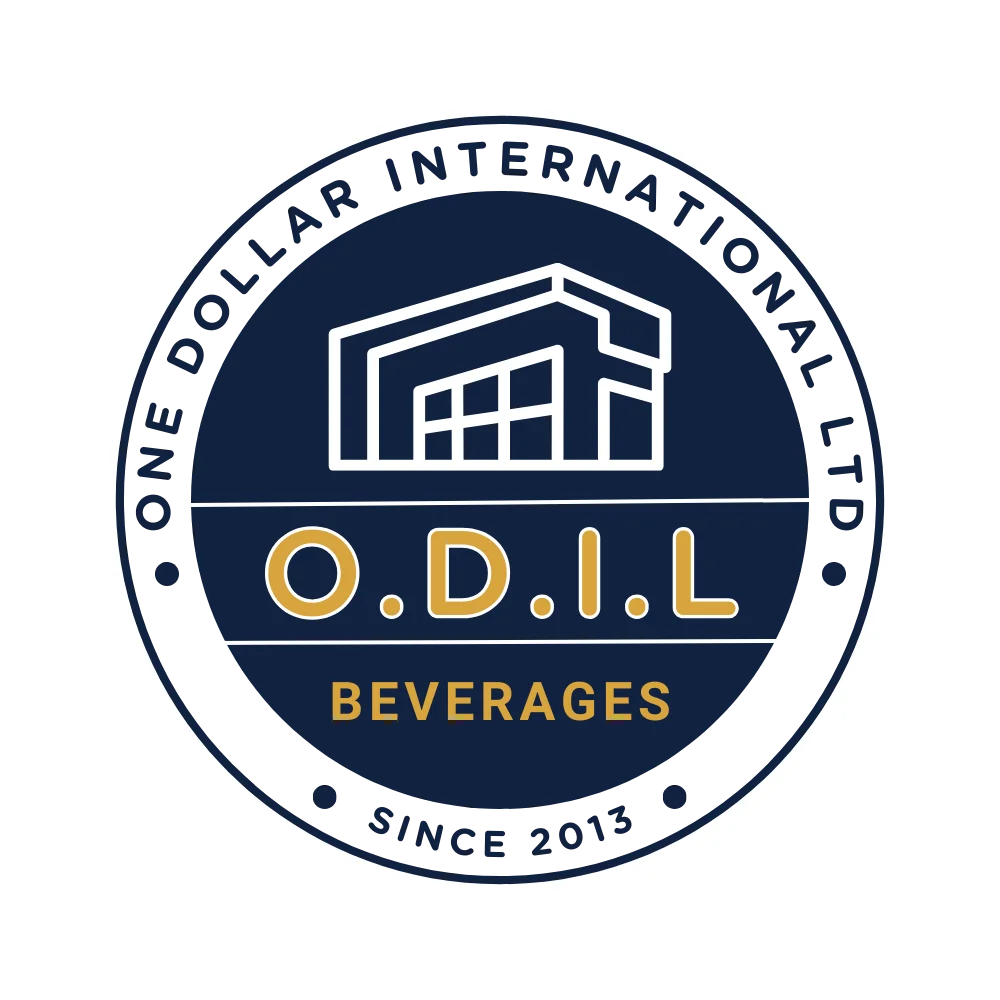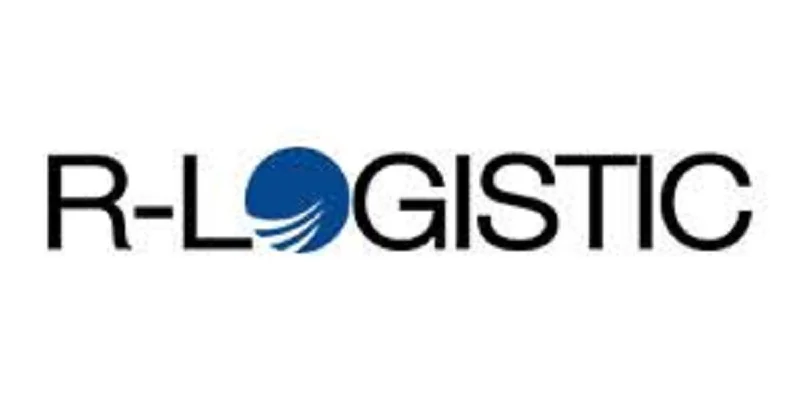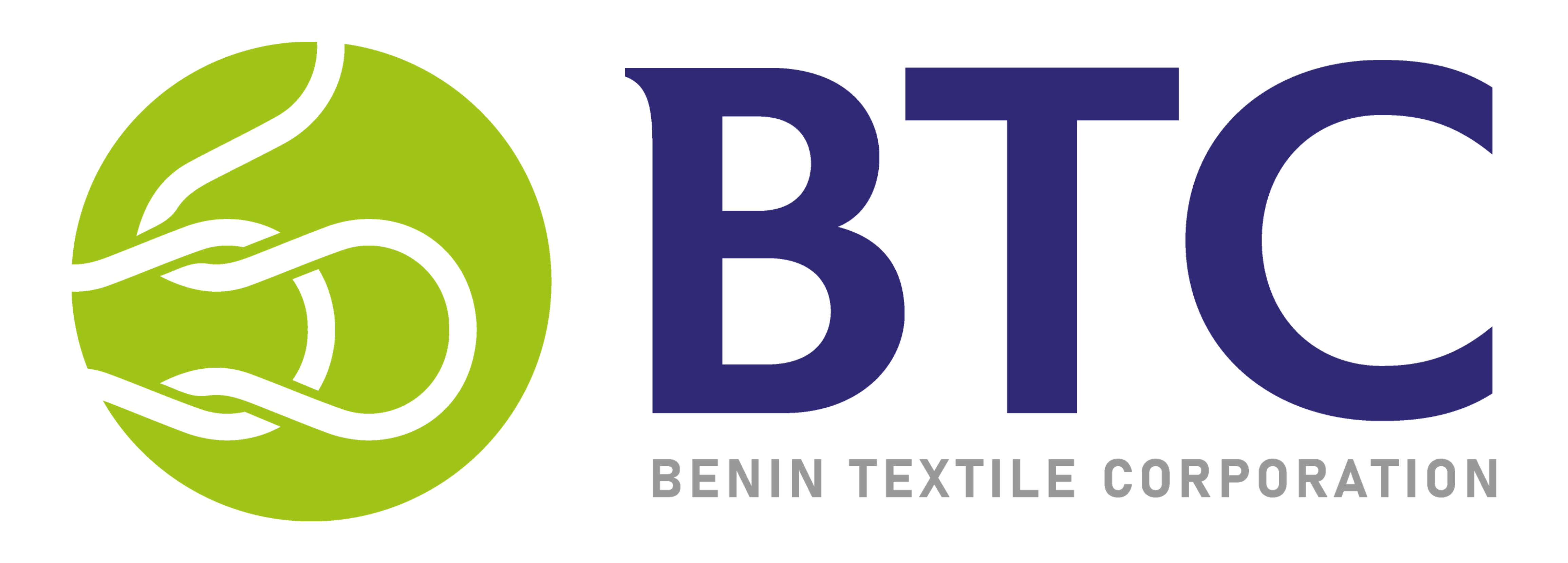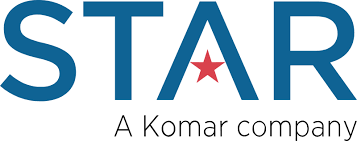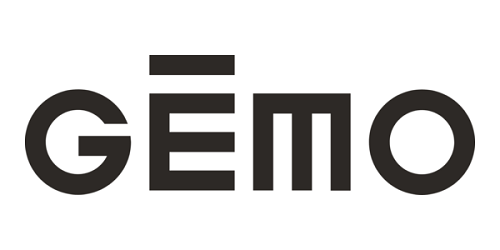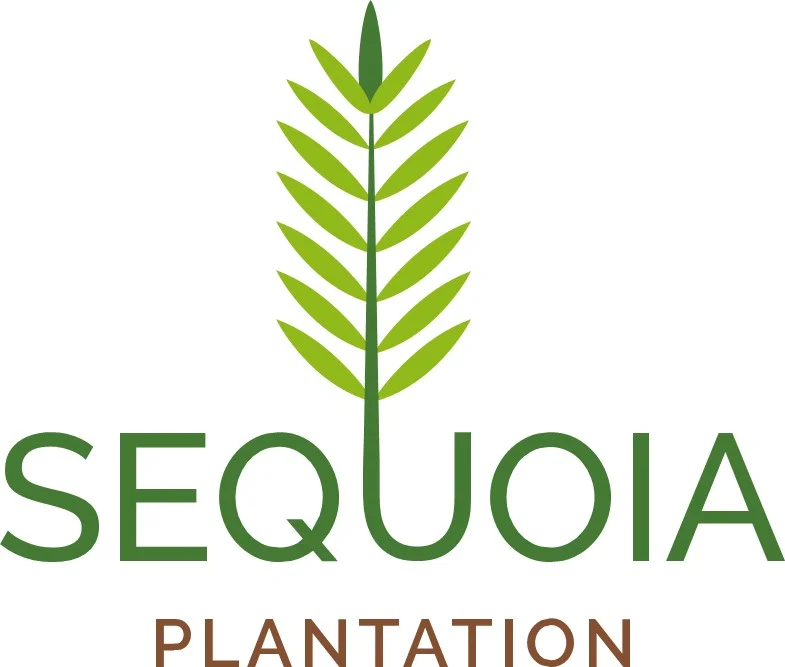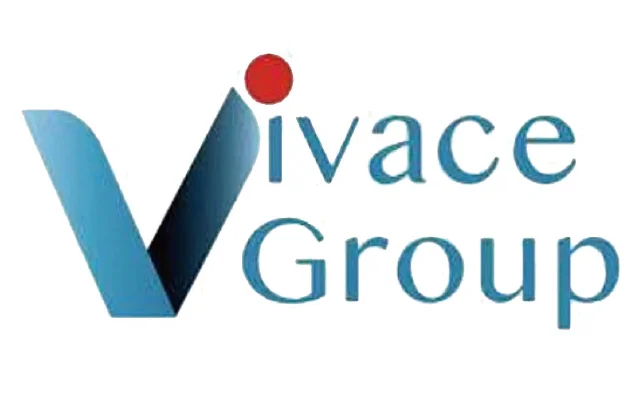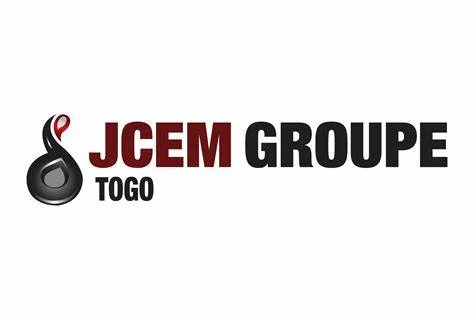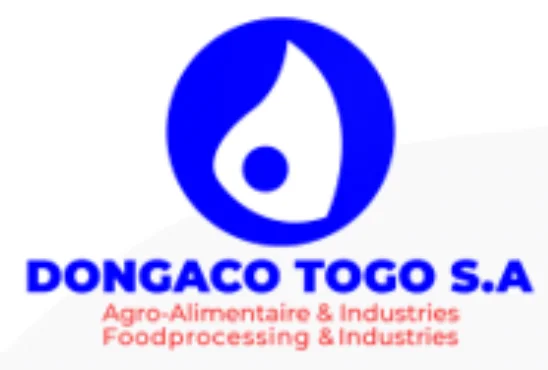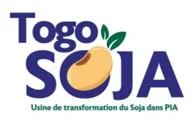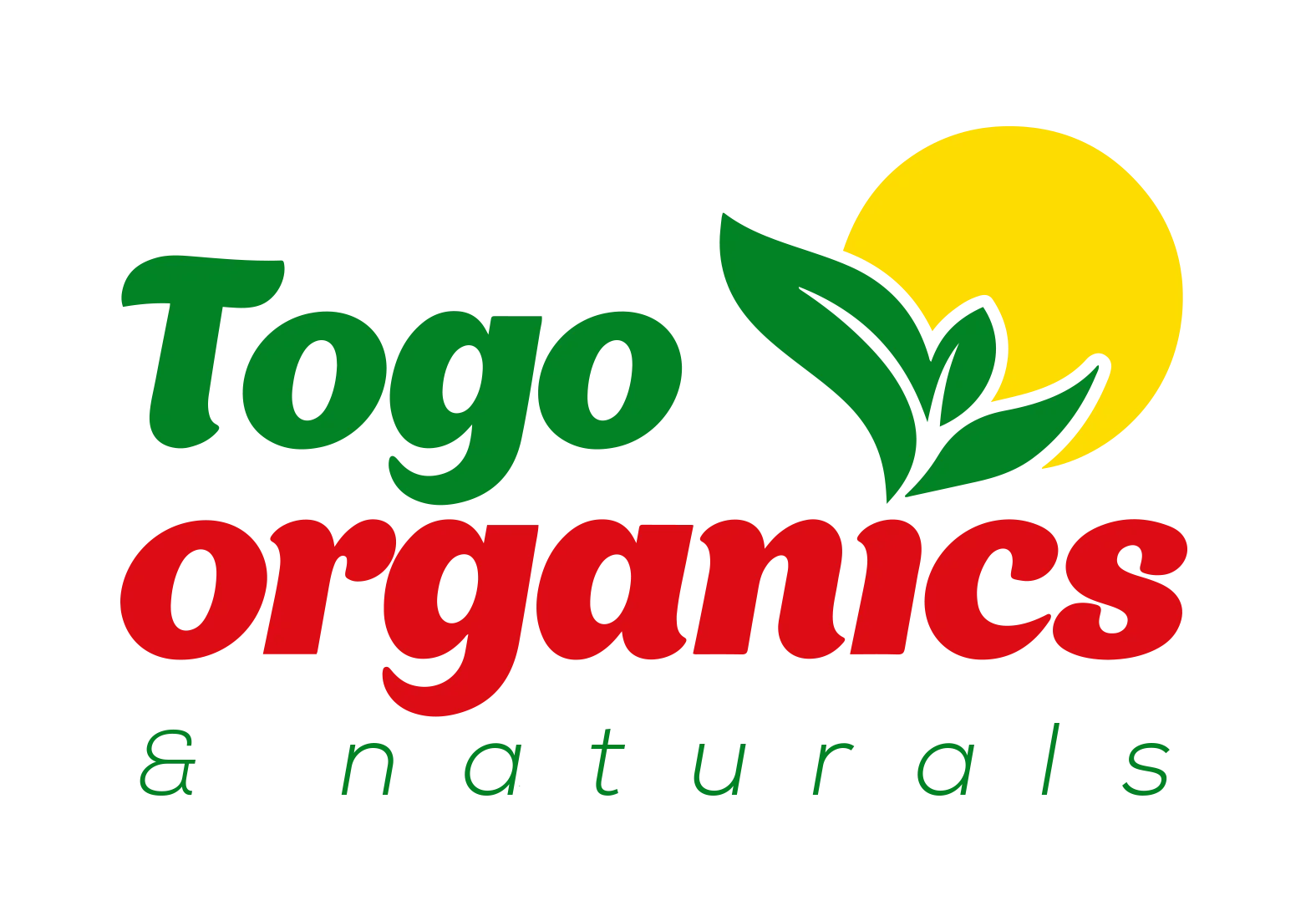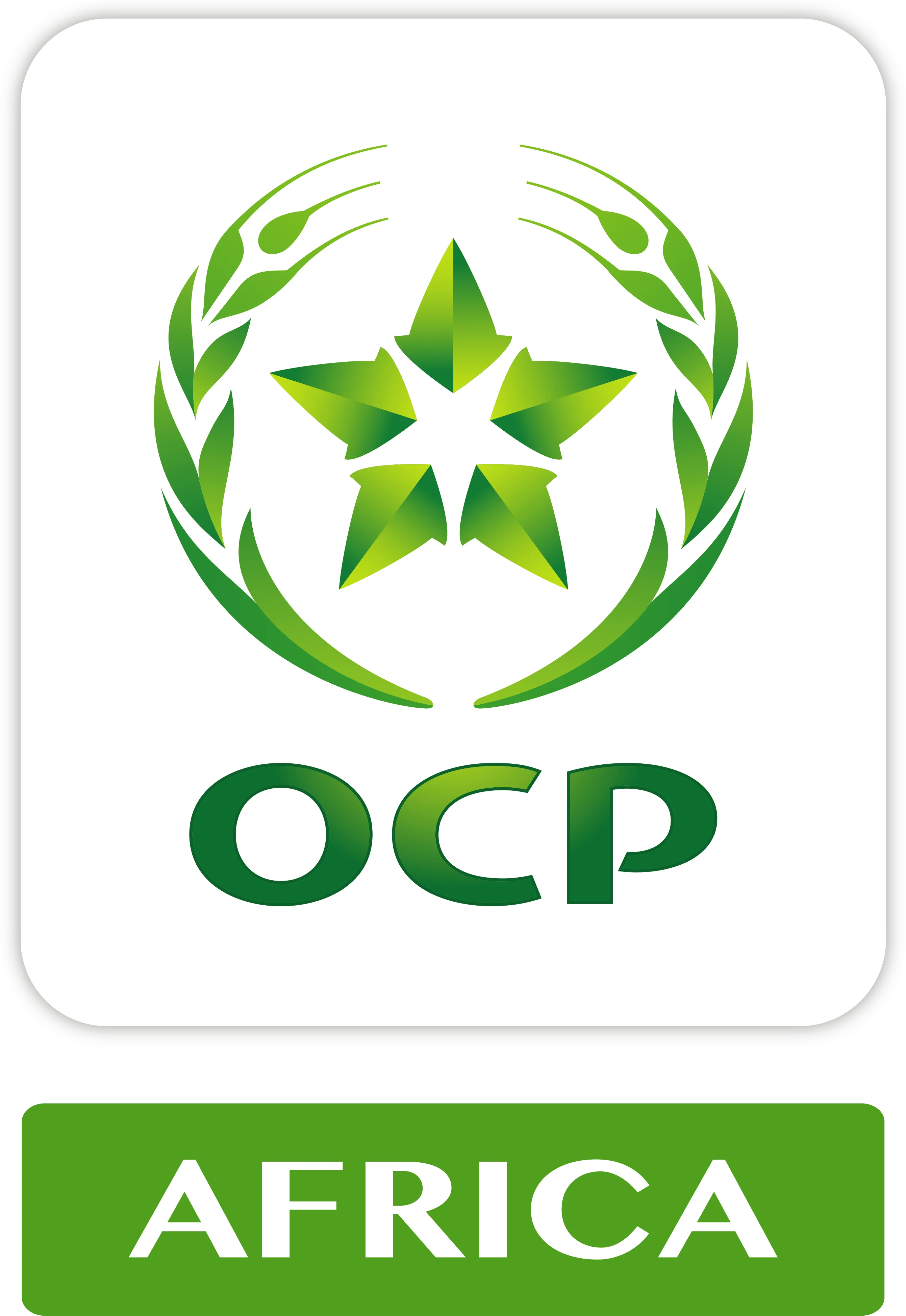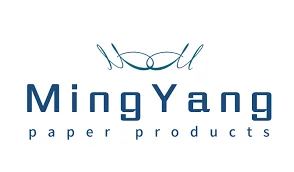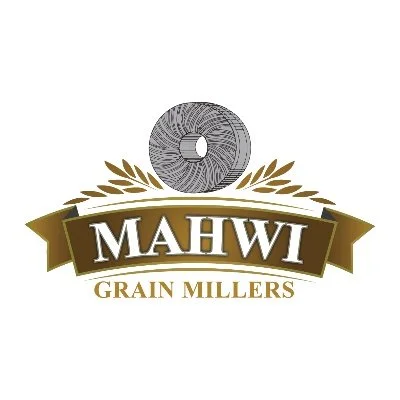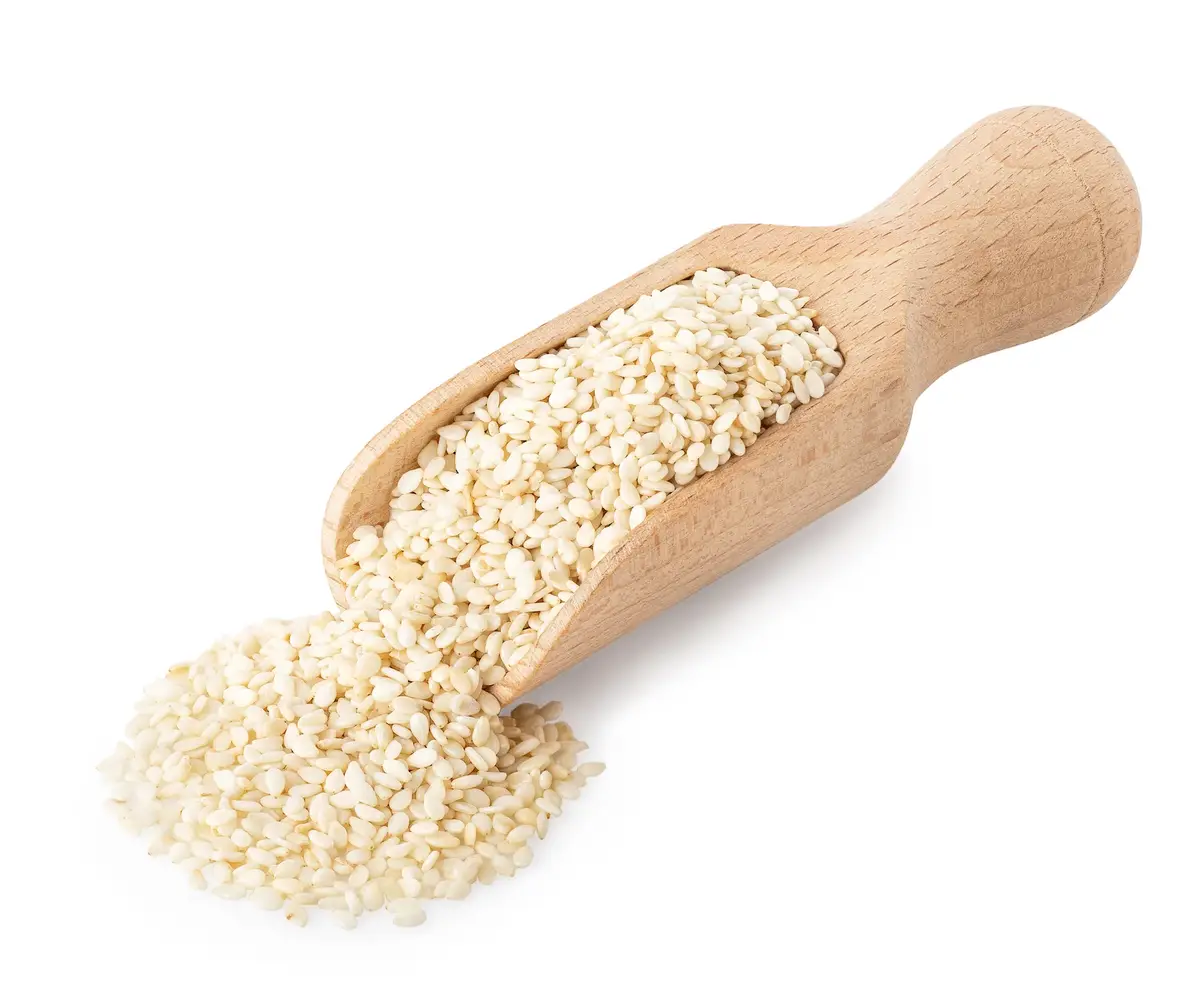Which countries import sesame seeds from Nigeria?
Japan, Turkey, South Korea, China, and Europe are among the major importers of sesame seeds from Nigeria. These countries use sesame seeds in various food products and culinary applications.
Who is the largest exporter of sesame?
India is the largest exporter of sesame seeds globally. India has a well-established sesame industry with extensive production and export capabilities.
What is sesame called in Nigeria?
In Nigeria, sesame seeds are commonly known as "Ewe" or "Sesame". The term "Ewe" is derived from local languages and used in various regions of the country.
Why should I invest in sesame farming in Nigeria?
Investing in sesame farming is attractive due to Nigeria’s favorable growing conditions, increasing global demand for sesame seeds, and the potential for high profitability, especially with value-added products.
What are the main uses of sesame in Nigeria?
Sesame is primarily used for its seeds, which are consumed directly, used in baking, and for producing sesame oil. It's also used in traditional dishes and as an ingredient in snacks.
What are the key factors to consider when investing in sesame farming?
Key factors include soil quality, climate suitability, access to water, pest management, quality seed procurement, and effective marketing strategies.
What is the current market price for sesame seeds in Nigeria?
The price of sesame seeds in Nigeria typically ranges from ₦1,200 to ₦1,800 per kilogram, though this can fluctuate based on market conditions and quality.
What are the most profitable sesame-based products?
The most profitable sesame-based products are sesame oil, sesame paste (tahini), and roasted sesame seeds. These products often have higher profit margins than raw sesame seeds.
How much can one earn from sesame farming in Nigeria?
Earnings from sesame farming can vary but typically range from ₦200,000 to ₦500,000 per hectare, depending on yield, market prices, and efficiency of farming practices.
What government incentives are available for sesame investment in Nigeria?
Government often gives incentives such as tax benefits, import duty exemptions on equipment, and grants under agricultural development programs aimed at enhancing sesame production.
What are the major challenges in sesame farming in Nigeria?
Major challenges are mostly pests and diseases, inconsistent rainfall, fluctuating market prices, and inadequate infrastructure for processing and marketing.
What is the global demand for sesame seeds, and how does Nigeria fit into this market?
Global demand for sesame seeds is high due to their nutritional value and use in various products. Nigeria is a significant producer and exporter, benefiting from this strong international demand.
What are the current trends in sesame farming and processing in Nigeria?
Increasing mechanization, adoption of improved seed varieties, investment in processing facilities, and efforts to improve export quality and standards are some of the current trends.
How do I assess the market demand for sesame products?
Assess market demand by conducting market research, engaging with local buyers and processors, analyzing consumption trends, and exploring export opportunities.
What are the best practices for maximizing sesame yield and quality?
Using high-quality seeds, ensuring proper soil preparation, managing pests and diseases effectively, and implementing good agricultural practices for planting and harvesting are ideally best for reaping excellent sesame yield.
What determines the return on investment for sesame farming?
ROI is determined by factors such as yield per hectare, market prices, production costs, efficiency of farming practices, and the ability to access high-value markets.
What are the growth opportunities in the sesame industry in Nigeria?
Growth opportunities include expanding into new domestic and international markets, developing value-added products, improving production techniques, and enhancing infrastructure for processing and distribution.



